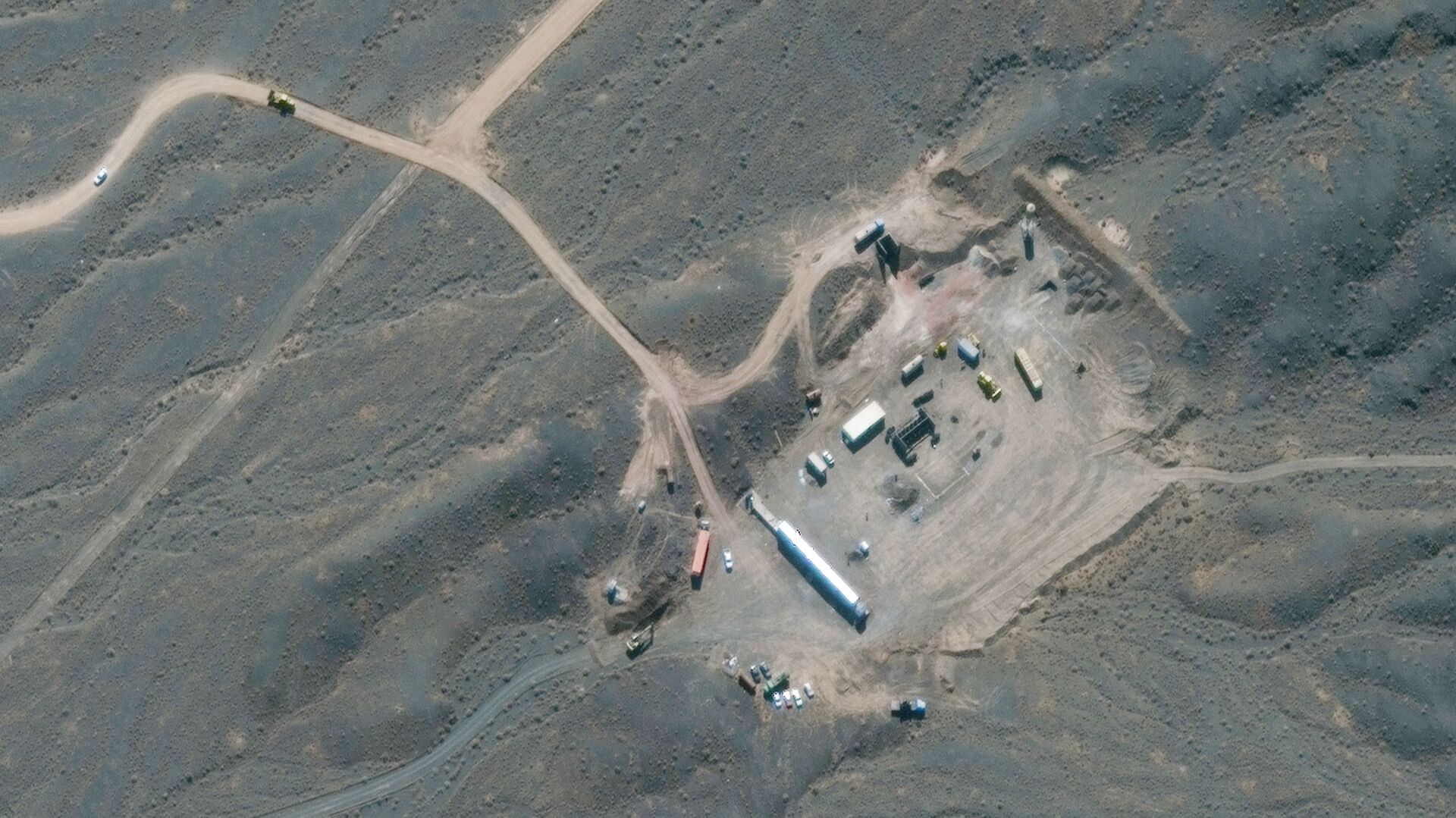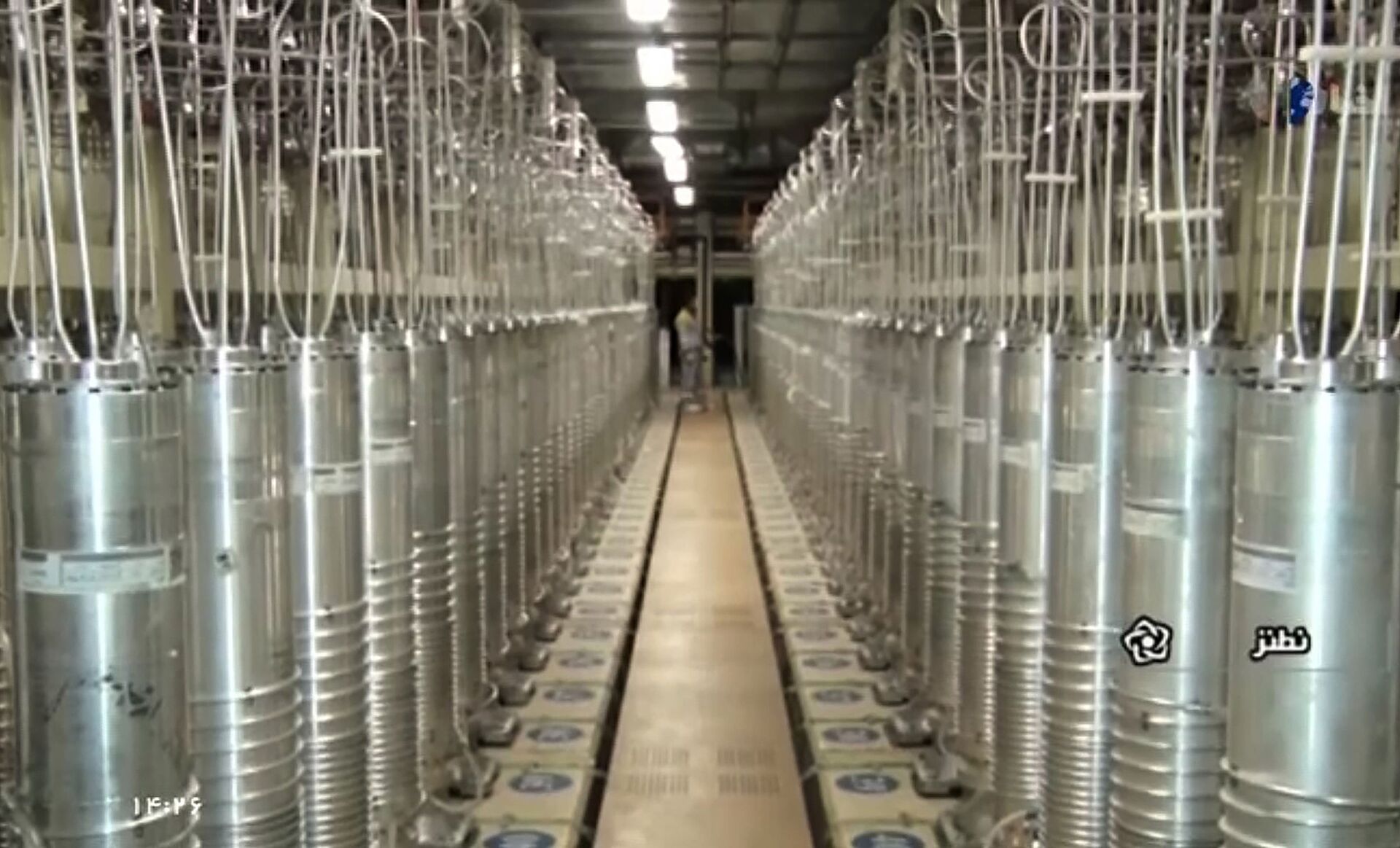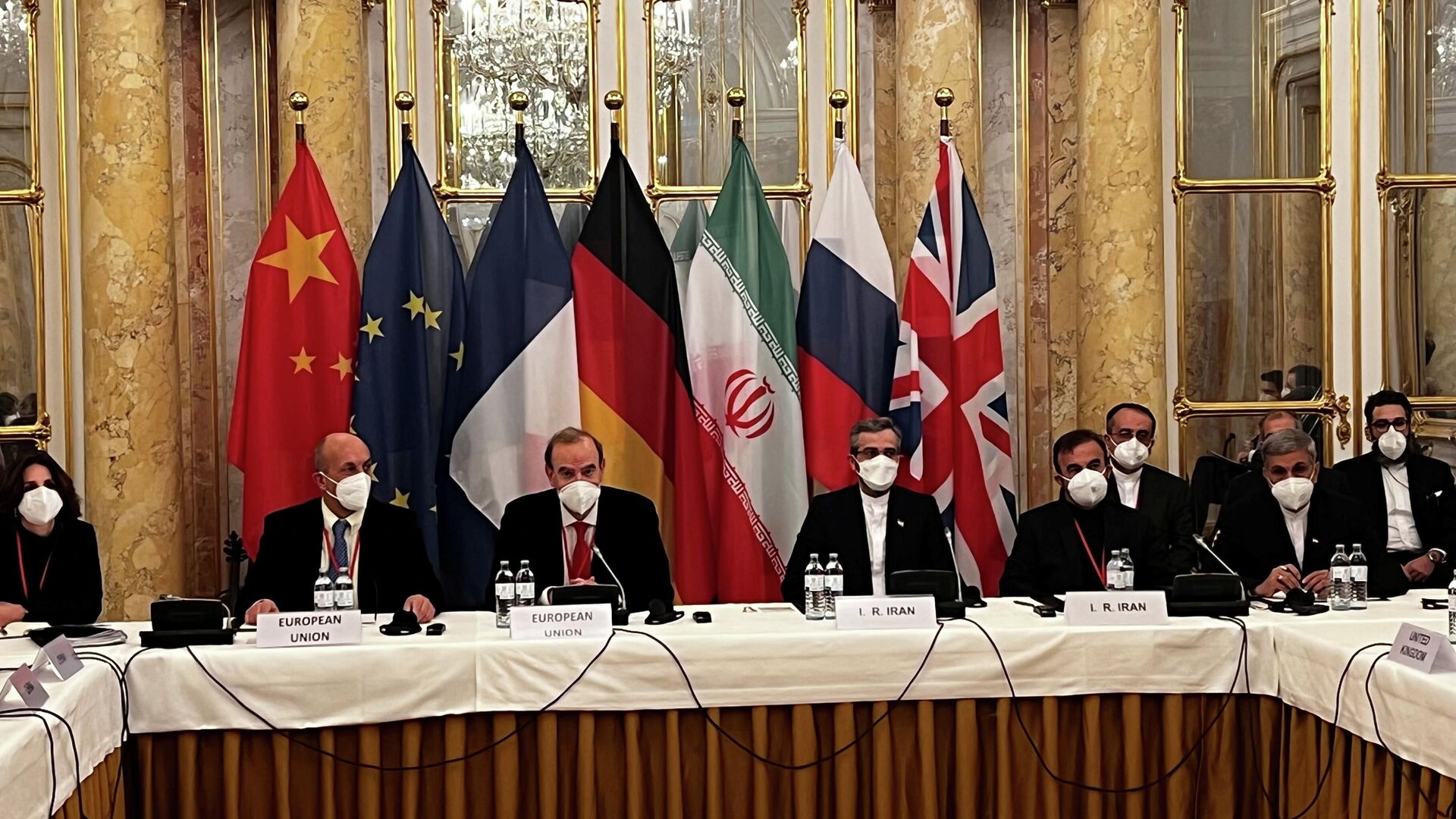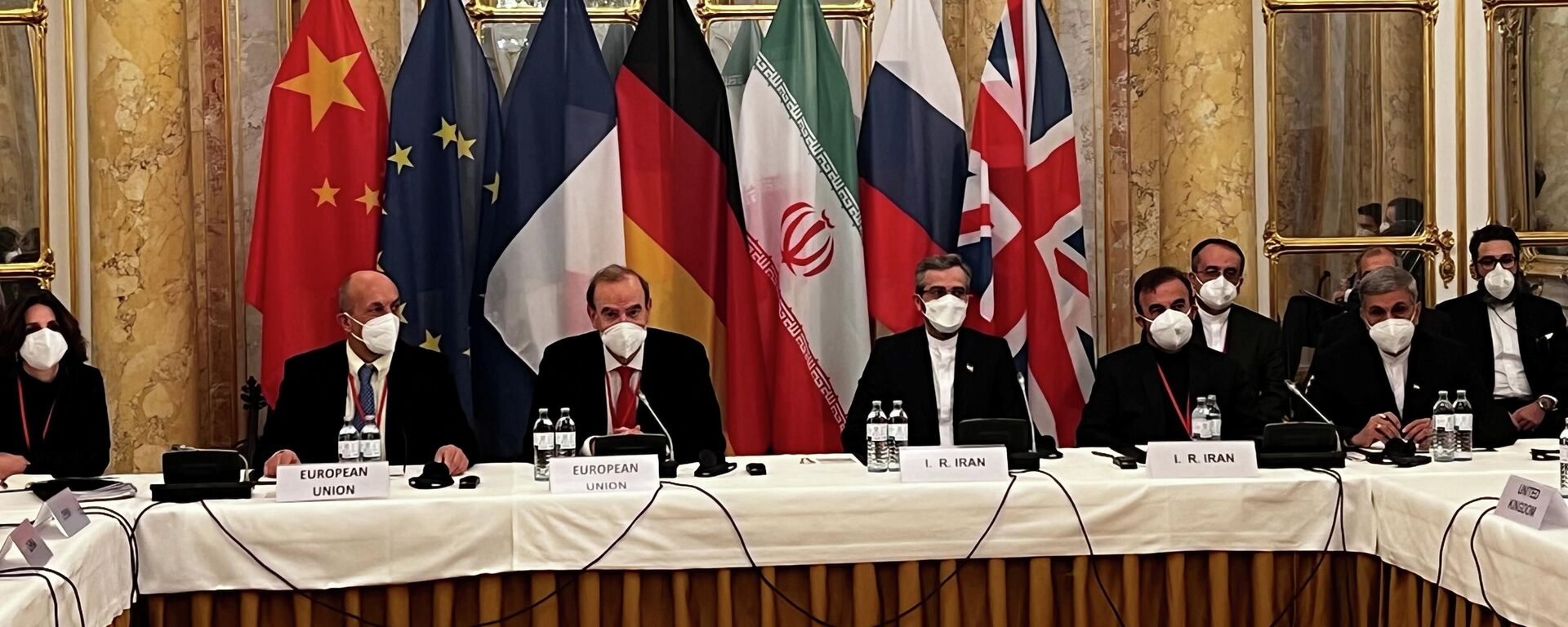51% of Israelis Would Support Attack on Iran’s Nuclear Facilities Without US Support, Shows Poll
12:02 GMT 09.12.2021 (Updated: 12:25 GMT 09.12.2021)

© AFP 2023 / -
Subscribe
Israeli Prime Minister Naftali Bennett indicated on 23 November that that his country would not be “obligated” if a new nuclear deal between Tehran and world powers was reached at the Vienna talks, describing Iran as being at "the most advanced stage of its nuclear programme”.
Slightly more than half of Israelis (51%) believe that their country would not need the backing of the United States to carry out a strike on Iran, according to a new survey. 58% of Jewish Israelis stated there would be no need to wait for Washington to greenlight such moves as opposed to 31% urging such approval, revealed an Israel Democracy Institute report published Wednesday.
IDI's Israeli Voice Index: 62% of Israeli Jews think that Iran poses an existential threat and 58% would support an attack on Iran’s nuclear facilities without American consent.
— Israel Democracy Institute (@IDIisrael) December 8, 2021
Also – 56% of Israelis support vaccinating children for COVID. Read more: https://t.co/POJDHtJtdM
Around 82% of Arab Israelis would want the administration of US President Joe Biden to sign off on such a strike. 31% of those polled were against such unilateral actions, showed the Israeli Voice Index survey for November 2021, published by IDI’s Viterbi Family Center for Public Opinion and Policy Research.
Over 50% of those surveyed perceive the Islamic Republic as an existential threat, while 25% view Iran as a “medium danger”. When political affiliation entered the mix, among self-identifying right-wingers, two-thirds agreed that Israel should attack Iran even without US approval, stated the IDI poll. 50% of centre-left respondents agreed with this stance.
On the left end of the spectrum, only 37.5% of respondents supported an Israeli strike without Washington’s consent.
The IDI poll was conducted online and by telephone among 614 Jewish respondents and 150 Arabs between 29 November and 1 December.
Iran Nuclear Deal
The survey comes as senior Israeli officials have repeatedly warned they are prepared to go it alone to protect themselves against Iran amid claims by Tel Aviv that Tehran seeks to obtain nuclear weapons. The Islamic Republic has consistently denied the claims.
In his speech to the United Nations General Assembly in September, Prime Minister Naftali Bennett declared that “Iran’s nuclear programme has hit a watershed moment, and so has our tolerance. Words do not stop centrifuges from spinning… We will not allow Iran to acquire a nuclear weapon.”

In this image made from April 17, 2021, video released by the Islamic Republic Iran Broadcasting, IRIB, state-run TV, various centrifuge machines line the hall damaged on Sunday, April 11, 2021, at the Natanz Uranium Enrichment Facility, some 200 miles (322 km) south of the capital Tehran, Iran
© AP Photo / IRIB
The Israeli Prime Minister, who took over from long-time PM Benjamin Netanyahu in June, earlier indicated that that his country will maintain its freedom of action if a new nuclear deal between Tehran and world powers was reached at the Vienna talks.
"The mistake we made after the first [nuclear] agreement in 2015 will not be repeated. From the moment the deal was signed, it was like a sleeping pill for us… In any case, even if the deal will be revived, it Israel won't be bound to it,” said Bennett on 23 November at the Security and Policy conference in the Reichman University in Herzliya.
"In any event, even if there is a return to a deal, Israel is of course not a party to the deal and Israel is not obligated by the deal," Bennett added, describing Iran as being at "the most advanced stage of its nuclear programme”.
The remarks had come ahead of the resumption of indirect negotiations on reviving the 2015 deal, also known as the Joint Comprehensive Plan of Action (JCPOA), which former US President Donald Trump withdrew from in 2018. The US had immediately reimposed stringent sanctions on the Islamic Republic.

Iran nuclear talks enter day five
© REUTERS / EU DELEGATION IN VIENNA / Iran nuclear talks enter day five
The deal had eased sanctions on Iran in return for strict limits on its nuclear program to prevent Tehran from building an atomic arsenal. Iran, which has consistently maintained its programme was exclusively peaceful in nature, since the US walkout began breaching the deal with expanded uranium enrichment. President Joe Biden, as he took over the White House from predecessor Donald Trump, had vowed to return the US to the deal if Iran returned to compliance with its nuclear provisions.
Negotiations to resuscitate the 2015 JCPOA accord first began in April in the P5+1 format comprising Russia, China, the US, the UK, France, Germany and Iran. There was a several-month hiatus due to presidential elections in Iran. This August, the newly-elected Iranian president Ebrahim Raisi took over from Hassan Rouhani, noting that Tehran was ready for negotiations.
Washington will resume the indirect nuclear talks with Iran in Vienna, State Department spokesman Ned Price confirmed on Wednesday, after little progress was made in discussions last week. He added that restoring the deal is still a “viable option”. Top European diplomat Enrique Mora also confirmed that the negotiations would continue after the seventh round of talks was halted on 3 December.
Iran, which wants all the sanctions lifted immediately, says it submitted two proposals last week “based on the provisions of the 2015 agreement” to revive the deal. Washington has been arguing a mutual return to compliance, involving an end to sanctions and a scaling back of Iran’s nuclear programme.



